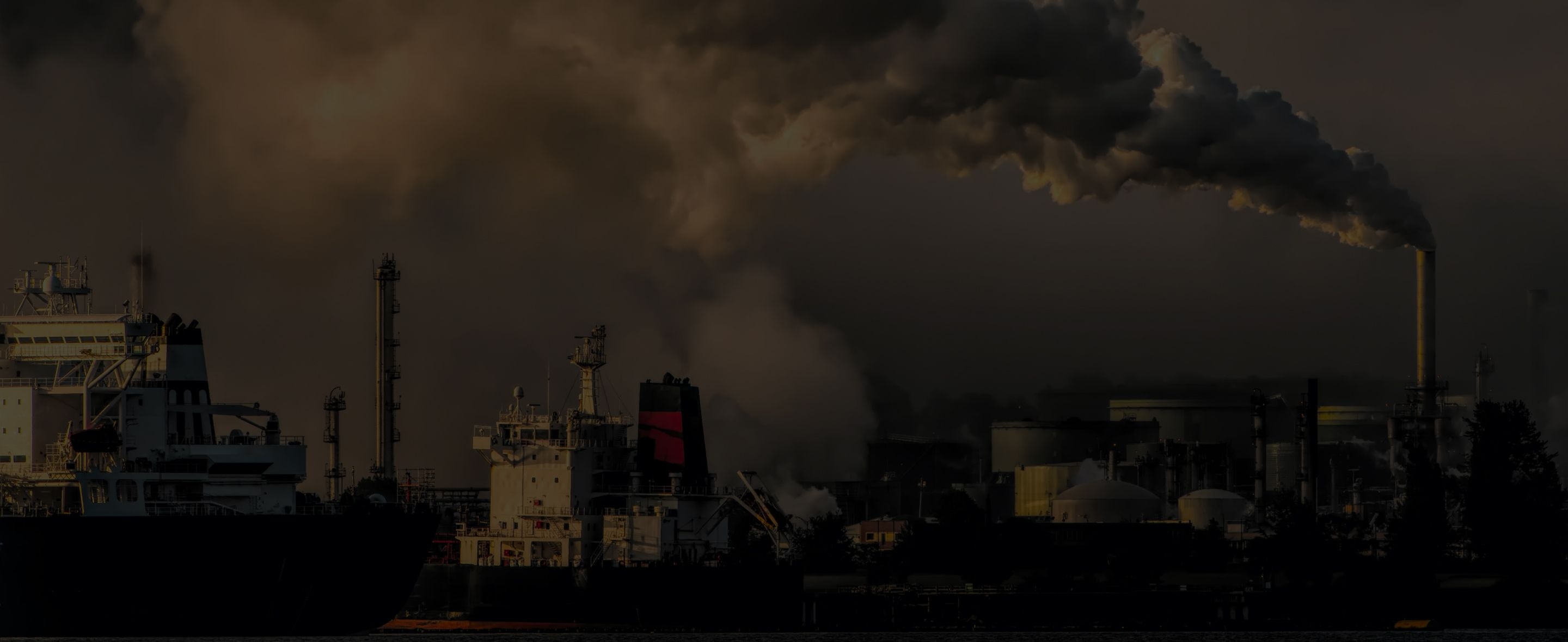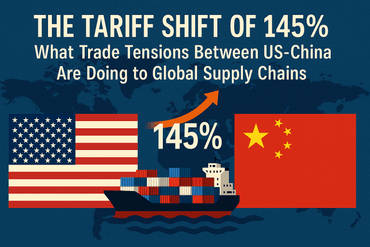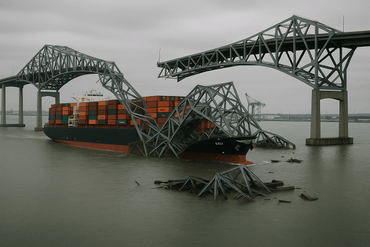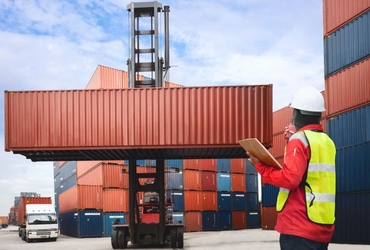
EU and its shipping emissions tug of war



Shipping emissions in the EU
Last week, the European Parliament (EP) rejected including shipping emissions from the ocean freight industry as part of the union’s Emissions Trading System (ETS). Despite the dismissal, it proved a step forward (albeit small) for European environmental lobbyists, who have fought to include shipping emissions as part of the scheme.
According to the EP’s Industry Committee, shipping emissions should be regulated globally, instead of at the EU level. Members say setting regional rules for shipping emissions leads to a setback for competitiveness. They argue against the viability of a regional solution, given that it does not include the majority of the world’s fleet.
“ The vote reflects that a regional approach would not be sustainable for shipping, and that in order to achieve significant CO2 reductions, we have to look beyond our borders. This of course also means that the eyes of the European Parliament are now set on the IMO.”
– Bendt Bendtsen, Conservative Member, Industry Committee of the European Parliament
Parliamentary groups had urged European Commission to amend the ETS to include the maritime industry, a movement that appeared to have gained traction just some weeks ago. **Shipping is the only transport sector in the European economy excluded from the scheme. **
“This needs to end as there is no reasonable excuse for this special treatment.”
– Sotiris Raptis, Transport & Environment (T&E) Shipping Officer
Proposal to regulate shipping emissions
The proposal forms part of the European bloc’s 2030 emissions reduction target via the ETS. It requires ship owners to buy shipping emissions allowances from 2021. The alternative would be an indirect payment. That is, they will pay the sum equivalent to the amount required to purchase the ETS allowances needed. This sum goes to a climate fund. The fund will then purchase ETS allowances on behalf of the ship owners, essentially doing the legwork for them.
How would the fund work?
This proposal applies to all flags - European-flagged ships as well as non-European flagged ships. 20% of the money that goes into this fund goes back into the industry as a reinvestment. T&E estimates that through this fund, some €1 billion can go to efforts to further reduce emissions via carbon-saving retrofitting and port charging schemes.
iContainers spoke to industry expert Olaf Merk, a the leading ports and shipping expert of the International Transport Forum at the OECD. He says this way, ports and shipping companies with good ideas to earn their money back. Meanwhile, others would face slightly higher costs.
Improving operations and implementing existing technologies can also reduce ships’ energy consumption and carbon dioxide emissions by up to 75%.
“Time is of the essence and the shipping industry has an important role to play in this transition. In setting up a climate fund for shipping allowances, the EU will help industry cut global-warming emissions in a sustainable way by investing 20 percent of the revenues in green projects for ships and ports,”
– Jytte Guteland, Socialists and Democrats (S&D) MEP
Reaction from the shipping industry
The shipping industry has long fought for its exclusion from this scheme. Olaf Merk explains why.
“There has been a strong lobby by the shipping sector not to be included because it is a global industry that would require global solutions. The experiences with aviation - another global industry - and the EU-ETS were painful, which limited the appetite to do something similar for shipping. But the tide is now turning, considering the relative lack of progress at the global level on the matter. The representatives of the shipping sector are strongly against. They want a global mechanism, not a regional one.” – Olaf Merk
Regulating shipping emissions
Experts say shipping emissions will increase between 50% and 250% by 2050. Environmentalists drafted the proposal from the Monitoring, Reporting, and Verification (MRV), which is EU’s existing monitoring system. **Under the MRV, from 2018, vessels weighing over 5,000 gross tons calling at EU ports must file an annual emissions report. **
The shipping industry got away with any explicit mention at the 2015 Paris convention. But experts and environmentalists have since said that the 1.5⁄2 degree Celsius global warming limit will be “impossible to meet”. That’s unless the International Maritime Organization (IMO) and Europe implement reduction measures for shipping.
Here’s an infographic on shipping facts and figures on maritime emissions.
![]()
Role of the IMO
According to an unpublished study done by the IMO, delaying action on toxic shipping emissions could cause 200,000 additional deaths. Furthermore, environmental group T&E says the maritime emissions has increased some 70% since 1990.
Attention now turns to the IMO. The organization has for decades failed to produce emission-reducing measures. Facing increasing pressure to reduce carbon rates, the group has begun working towards drafting environmental obligations for the industry. The organization next meets in October in London to decide on whether to cap the sulfur content of shipping fuels. **Discussion topics include whether this should come into effect in 2020 or 2025, and lowering the limit from 3.5% to 0.5%. **
“The EU needs to include shipping in its 2030 reduction commitment now and in the ETS from 2021. Otherwise, if the IMO continues to fail, all that will be left is for MEPs to come back to the issue in 10 years’ time to discuss 2040 targets.” – Bill Hemmings, Clean Shipping Director, T&E
The International Chambers of Shipping (ICS) says the floated 2020 cap would cost the industry as much as an additional $50 billion to $100 billion annually. Other industry experts have also argued that this would cause a shift to low-sulphur fuels. That, in turn, would cause demand to skyrocket and result in inflationary prices.
Global regulation of shipping emissions - is it feasible?
The EP’s rejection is only the first step in the handling of this proposal. The attention is now on the Environment Committee, who meet in December. There’s also perhaps pressure back on the United Nations following the renewed call for global action. According to industry expert Olaf Merk, action at the global level can happen - but with strings attached.
“If there would be a clear and ambitious timeline for introducing market-based mechanisms at the global level - such as a global carbon tax or emission scheme - the likelihood of a separate European scheme would decrease. But, the global discussions will be very complex. So the different European institutions might likely come up with a proposal to lead the way.” – Olaf Merk
iContainers would like to thank Olaf Merk for his professional insights and contributions to this blog post. He’s a seasoned blogger and an industry expert. You can find his blog post on shipping’s carbon emissions here and follow him on Twitter.
Related Articles


